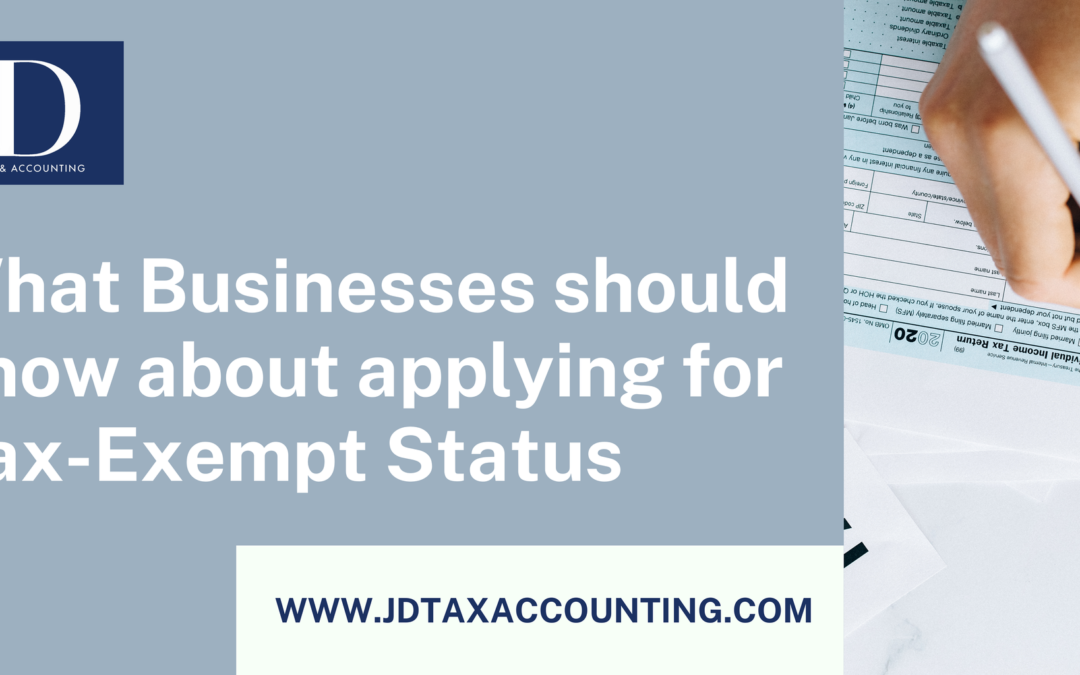What is the Tax-Exempt Status?
If you’re a business or someone applying for tax-exempt status, you should first understand that it means you’re applying to have income or transactions that are free from taxes to all levels, whether on federal, state, or local levels.
What Qualifies You to be Tax-Exempt?
According to the IRS, all organizations that wish to be tax-exempted under Section 501(c)(3) of the tax code shall file the Form 1023-series application electronically.
To submit Form 1023, you must follow these simple steps:
- On Pay.gov, register an account.
- In the search box, type ‘1023’ then click ‘Form 1023’, and;
- Complete the form properly.
Below are some tips from the IRS that might help you in understanding the application process:
- Submit the Form 1023 electronically
- Charitable organizations must make public some of their documents, including the approved tax-exemption application and the last three (3) annual information returns.
- The EIN or Employer Identification Number is a must-have, even if you currently do not have any employees.
- The approved Form 1023 will determine the date of effectivity of the tax-exemption status.
- Organizations deemed qualified for tax-exempt status are accordingly recognized as private organizations unless they qualify to be considered a public charity.
What Happens After You Apply?
Upon submission of Form 1023 electronically, you must receive an acknowledgment notice shortly afterward. This means that the IRS has officially received your application. A healthy reminder from the IRS to prevent calling and that there is no need to call. It would be best if you waited and consistently check for updates.
If additional information is needed for your application, an Exempt Organizations specialist will contact you as soon as possible.
What is the Significance of Losing Tax-Exempt Status?
There could be a lot of consequences when an organization loses its tax-exempt status. But, more commonly, the effects are much worse for nonprofit organizations.
For nonprofit organizations, here are some of the awful consequences:
- Possible revocation of all the state tax exemptions received
- No more exemption from paying federal income taxes and corporate income taxes
- No more tax deductions for all donors who wish to send gifts to the organization
- High possibility of private foundations no longer giving grants directly since their guidelines require them to only deliver to tax-exempted public charities


